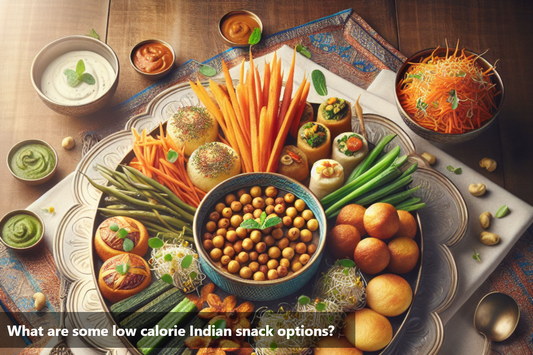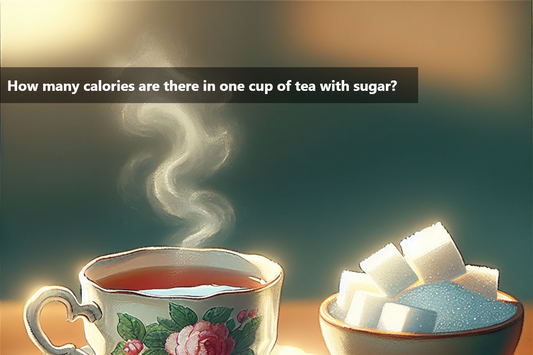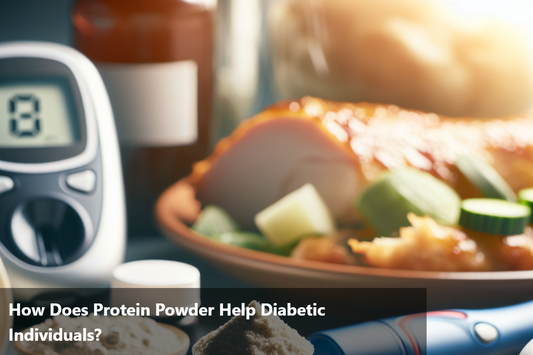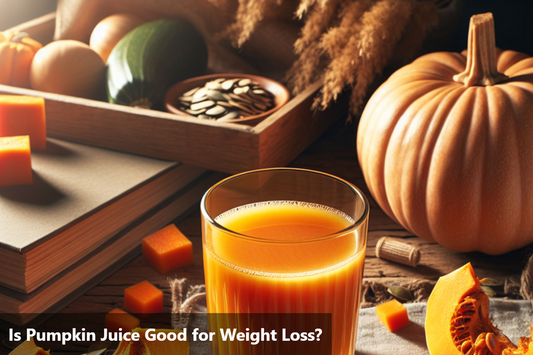Stevia is a natural sweetener that has become very popular because it's sweet and doesn't have any calories. It comes from the leaves of the Stevia rebaudiana plant, which is originally from Brazil and Paraguay. The leaves of the stevia plant have natural sweet stuff called steviol glycosides, which make it very sweet. People in South America have been using stevia for a long time because it's sweet.
Nowadays, stevia is becoming popular as a natural option instead of sugar and artificial sweeteners. Unlike sugar, stevia doesn't change your blood sugar levels, so it's good for people with diabetes or those on a low-carb or low-sugar diet. You can find stevia in different forms like liquid, powder, and tablets.
People use it to make drinks, sweets, and other foods. Since it's really sweet, you only need a little bit of stevia to make things sweet. In general, stevia is a natural, zero-calorie way to sweeten your food without having too much sugar.
Stevia Ingredients and Nutritional Information
Stevia is a natural sweetener made from the leaves of the Stevia rebaudiana plant. It has sweet compounds called steviol glycosides that make it very sweet. These glycosides are taken from the leaves, processed, and turned into powder or liquid for various foods and drinks.
From a nutrition standpoint, stevia has very few calories. This makes it a popular choice for people who want to cut down on calories but still enjoy sweetness. Stevia's sweetness doesn't come from sugar, so it doesn't have much effect on blood sugar levels. This makes it a good choice for people managing their sugar intake, like those with diabetes.
Stevia is also considered safe to eat by different authorities, including the US Food and Drug Administration (FDA) and the European Food Safety Authority (EFSA). Studies show that stevia is non-cariogenic, which means it doesn't cause tooth decay, making it good for teeth.
|
Calories |
0 |
|
Fat |
0g |
|
Sodium |
0mg |
|
Carbohydrates |
1g |
|
Fiber |
0g |
|
Sugars |
0g |
|
Protein |
0g |
Stevia: Safety and Proper Dosing
When used in moderation, stevia is considered safe for most people. However, it's important to understand the appropriate dosage and be aware of potential side effects.
Safety Considerations
-
Research suggests that stevia is non-carcinogenic, does not affect blood glucose levels, and may even have certain health benefits, such as potential anti-inflammatory and anti-hypertensive effects.
-
Despite this, some people may experience mild side effects, such as gastrointestinal discomfort or allergic reactions.
-
Pregnant and breastfeeding women should consult a healthcare professional before using stevia, as its effects in these populations are not well-established.
Dosing Guidelines
-
The acceptable daily intake (ADI) for steviol glycosides, the active compounds in stevia, is determined to be 4 milligrams per kilogram of body weight by the Joint Expert Committee on Food Additives (JECFA) and the European Food Safety Authority (EFSA).
-
It is essential to carefully measure and calculate the dosage to avoid exceeding the recommended intake levels.
-
For individuals with underlying health conditions or those taking medications, seeking advice from a healthcare provider is advised before incorporating stevia into their diet.
Remember that while stevia is a natural alternative to sugar, responsible use is key to ensuring its safety and benefits are maximized.
Stevia Side Effects
Stevia is generally considered safe when used in moderate amounts. However, some people may experience side effects after consuming stevia, including:
-
Gastrointestinal issues such as bloating, gas, or diarrhea
-
Allergic reactions, including itching or swelling
-
Potential impact on blood sugar levels, which can be an issue for individuals with diabetes
It's important to use stevia in moderation and monitor how your body responds to it. If you experience any adverse effects, it's best to discontinue use and consult a healthcare professional for personalized advice.
To conclude:
Stevia has evolved from a little-known sweetener to a widely used natural sugar substitute. It offers nutritional benefits, zero calories, and a low impact on blood sugar levels, making it an attractive option for a healthier lifestyle. Extensive research and studies show that stevia is safe for consumption in moderate quantities. However, moderation is key, as with any sweetener or food product. Individual responses to sweeteners may vary, but for the majority, stevia can be valuable in reducing sugar intake and managing health conditions like diabetes and obesity. Ultimately, the decision to incorporate stevia into your diet should be based on personal preferences and health considerations. With the right approach, stevia can be a beneficial element in promoting a healthier way of living.
FAQs About Stevia:
-
Is stevia safe for diabetics?
-
Yes, stevia is considered safe for diabetics as it does not raise blood sugar levels.
-
Is stevia natural?
-
Yes, stevia is a natural sweetener derived from the leaves of the Stevia rebaudiana plant.
-
What are the health benefits of stevia?
-
Stevia has zero calories and is beneficial for people looking to reduce their sugar intake. It may also have potential antioxidant and anti-inflammatory properties.
-
Can I use stevia for baking and cooking?
-
Yes, stevia can be used for baking and cooking, but the sweetening power of stevia is much stronger than sugar, so it's important to use it sparingly.
-
Are there any potential side effects of consuming stevia?
-
Some people may experience gastrointestinal discomfort or a slight aftertaste when consuming high amounts of stevia, but it is generally considered safe when consumed in moderation.
This Blog post is an initiative by DiabeSmart, to provide accurate and Nutritionist / Doctor approved information related to Diabetes. DiabeSmart is India's first Food brand designed specifically for Diabetics, that has been clinically tested on Diabetics and Pre-Diabetics to deliver 55% - 70% lower Sugar spikes. DiabeSmart is part of Lo! Foods - India's leading brand for Everyday Functional Health foods.















